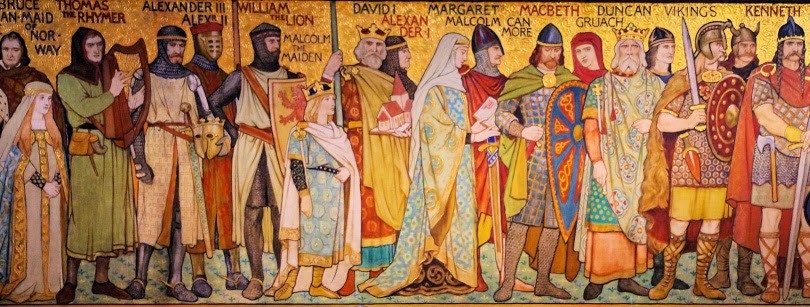The Big Bang. Quite the catchy conundrum, eh? Every Tom, Dick and Harry knows about the Big Bang. It’s where it all started!
Or is it?
Against all intuition, scientific theory and observable phenomena in this universe, this theory posits in simplest terms: that something (everything) arose out of nothing (nothing).
Now let’s say you quizzed Joe Six Pack. Joe Six Pack hates quizzes, he wants to go back to drinking his King of Beers and watching Faux News.
But you promise it’ll be multiple choice!
Joe’s eyes begin to glaze over. His belly tenses, then relaxes, and an aroma of malty goodness permeates your surroundings.
Taking this as a sign of acquiescence, you pop your crafty question:
Who came up with the Big Bang Theory?
A) Edwin Hubble
B) Albert Einstein
C) Carl Sagan
D) A Jesuit Priest
E) Albert Hoffman
I would be surprised if 1/10 students at City Tech could answer this question correctly, even though they might be able to describe the theory itself with some range of understanding. Curiously, the fact that the BBT was introduced by a D) Jesuit priest seems to escape the common consciousness in a way that is markedly different from the actual theory on the origins of life.
We must always consider our sources when considering our information.
As the late Carl Sagan said, “Extraordinary claims require extraordinary evidence.”
Monseigneur Georges Henri Joseph Édouard Lemaître, (17 July 1894 – 20 June 1966) was a Belgian priest, astronomer and professor of physics at the Université catholique de Louvain.[1] After a classical education at a Jesuit secondary school (Collège du Sacré-Coeur, Charleroi)… He was the first person to propose the theory of the expansion of the Universe, widely misattributed to Edwin Hubble.[2][3] He was also the first to derive what is now known as Hubble’s law and made the first estimation of what is now called the Hubble constant, which he published in 1927, two years before Hubble’s article.[4][5][6][7] Lemaître also proposed what became known as the Big Bang theory of the origin of the Universe, which he called his ‘hypothesis of the primeval atom‘.[8]




This reminded me about the Closed Universe theory, where the expansion of the universe will eventually slow, halt, and then contract, compressing into an unimaginably tiny point only to “Big Bang” into another version of itself, apparently forever…
A few more Ultimate Fate theories with explanations can be found here: http://en.wikipedia.org/wiki/Ultimate_fate_of_the_universe
I conducted bits of research on the Jesuits and found some interesting info; they are claimed to be a sophisticated intelligence network rivaling even the well-established CIA[1].
The sinking of the Titanic, which still remains shrouded in some mystery, in one scenario is a work of the Jesuits[2][3]. Three of the richest men in the world at the time were invited aboard and perished: Benjamin Guggenheim, Isador Strauss & John Jacob Astor – all opposed to the budding Federal Reserve.[4]
I had to chuckle a little while reading as I was again reminded, though this time about another untimely & unfortunate death at sea; Rudolph Diesel[5], inventor of the Diesel engine, which originally was made to run on vegetable oil! Died by suicide on a steamer from Antwerp to London in mysterious circumstances.
“Stylized” Video on the Jesuits – For comic relief 😉
Ah, yes, the Jesuits and their leader, the “Black Pope” e.g. the Superior General of the Society of Jesus … if the world was a game board, this is one piece sure to turn up in other places at auspicious times and events.
Je vais terminer dе jeter un coup d’oeil à tout ça dans la soirée
C’est un véritable plaisir de lire votre post
merci beaucoup.